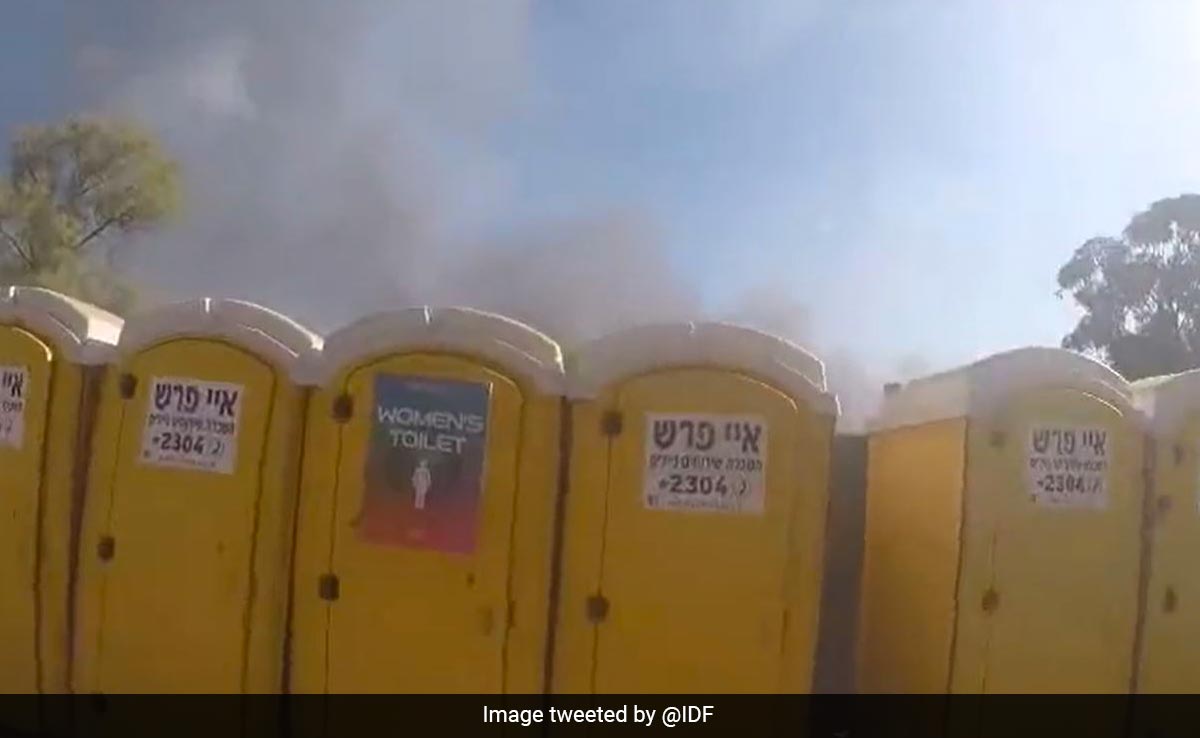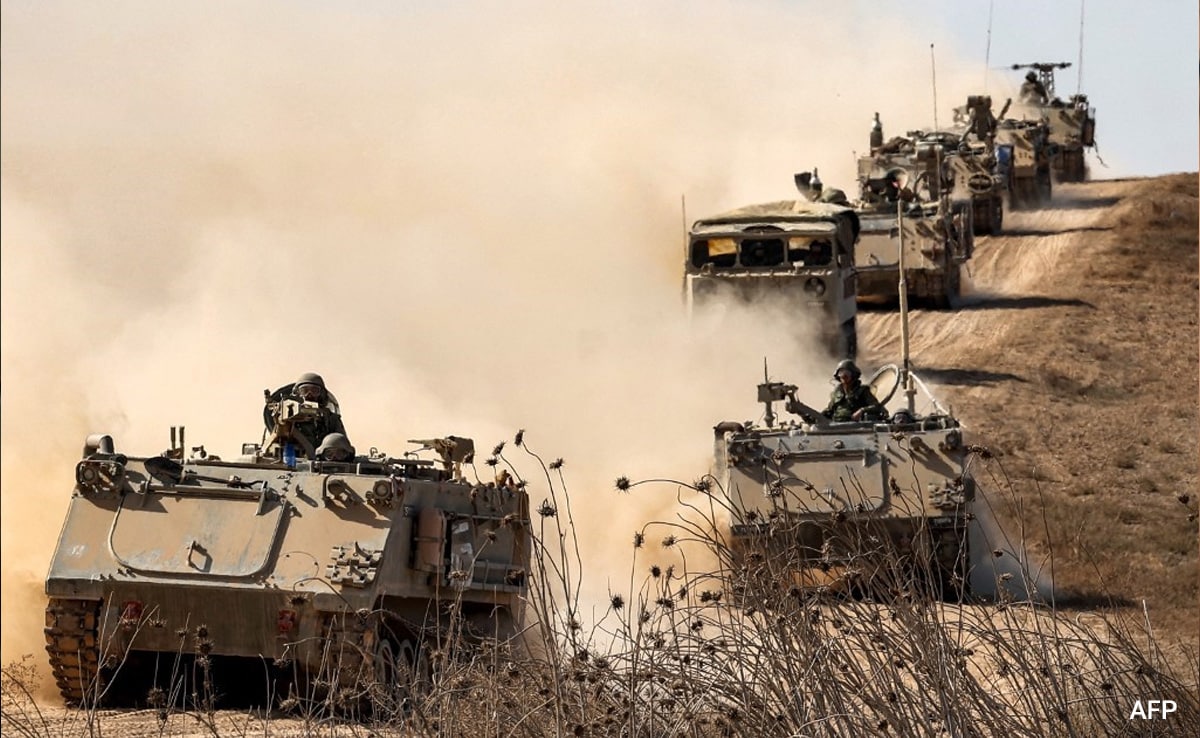People seen outside their house after an earthquake struck Mulugu in Telangana, in Vijayawada.
Hyderabad:
The earthquake that hit Telangana on Wednesday morning was the second earthquake of over 5 magnitude on the Richter Scale in the region in the last 55 years.
According to the National Center for Seismology, an earthquake of 5.3 magnitude was felt at 7.27 a.m. on Wednesday with Medaram in Mulugu district of Telangana as the epicentre.
The region experienced an earthquake with a magnitude of 5.7 on April 13, 1969, with Bhadrachalam as the epicentre.
According to scientists, both earthquakes were linked to the Godavari rift valley, which is a fault zone.
The tremors on Wednesday were felt in parts of both Telangana and Andhra Pradesh and also in Chhattisgarh and Maharashtra. The tremors were also felt in Hyderabad and surrounding districts.
The depth of the earthquake was 40 kilometres and it was experienced in an area of 225 km. There were no reports of any loss of life or damage.
CSIR-National Geophysical Research Institute (NGRI) scientists say as the intensity of the earthquake was higher the region may feel the aftershocks in the coming hours.
NGRI Director Prakash Kumar, however, said there was no need for people to be alarmed as the earthquake was of “moderate” intensity.
Like the 1969 Bhadrachalam earthquake, the December 4 earthquake is also attributed to the Godavari fault zone. The seismologists say there are several fractures and faults along the Godavari Basin.
Since Telangana falls into Seismic Zone II, which is categorised as a low-intensity seismic zone, the scientists say there is no need for any panic.
D. Srinagesh, retired chief scientist of NGRI, said Wednesday’s earthquake is a reminder for both the Telugu states. He suggested municipalities in both states make sure that they give permission for buildings which are designed to withstand earthquakes that are likely in the particular seismic zone.
He said the disaster management authorities in both Telugu states should initiate the steps to make sure that the structures are designed in line with the requirements of the particular seismic zone.
He believes that earthquake safety is very important to minimise loss of lives and damages. He pointed out that geophysical hazards like earthquakes and landslides have claimed 30,000 to 40,000 lives in India since 1982.
Srinagesh said the Killari earthquake of 1993 claimed a large number of lives because the buildings were not designed to withstand it while an earthquake of the same intensity in California in San Francisco claimed only 24 lives. This was due to earthquake-resistant structures.
(Except for the headline, this story has not been edited by NDTV staff and is published from a syndicated feed.)


















